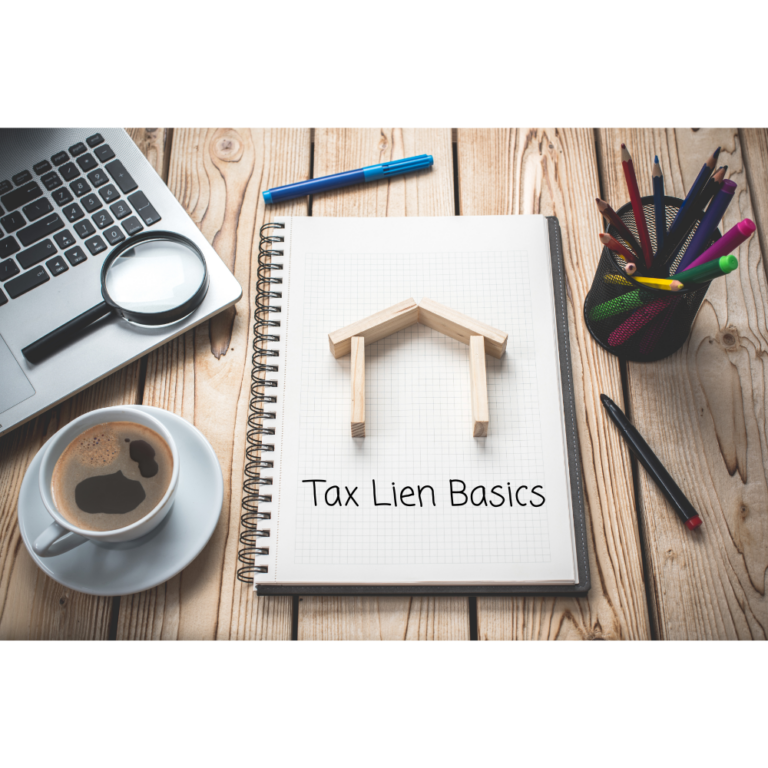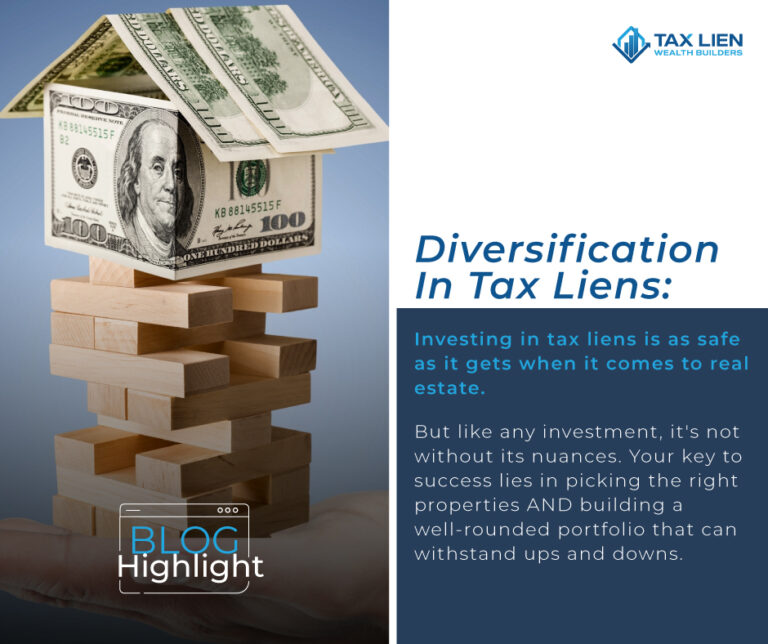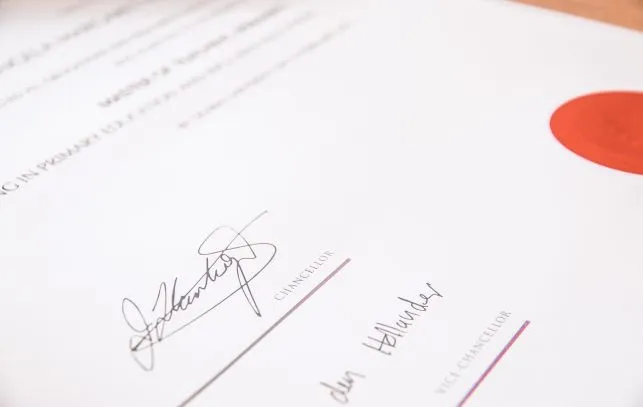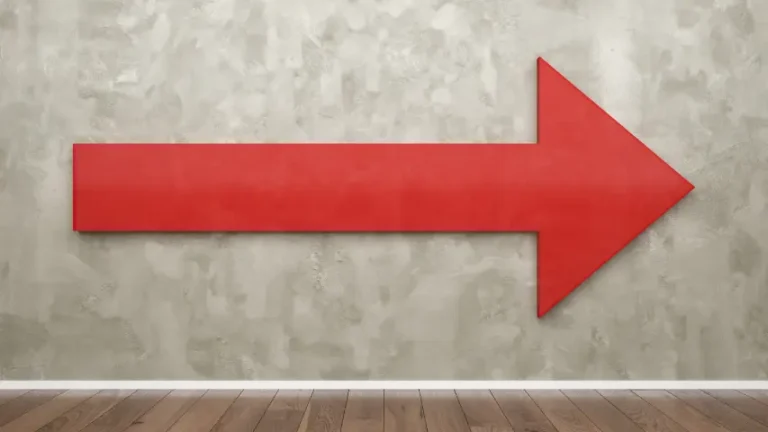Understanding How to Buy Tax Deeds
Buying tax deeds is not a typical starting point for new investors, but it can be a lucrative investment strategy. This niche of real estate investing can be an excellent resource for buying properties at a steep discount and can be used if you fix and flip houses, own rentals, or if you want a return on your money.
What Are Tax Deed Sales?
When a property owner fails to pay their taxes, the county has the authority to seize the property and sell it at a tax deed sale. This is a public auction where the highest bidder wins the deed to the property. The winning bid is then responsible for paying off any back taxes owed on the property.
Investors can buy tax deeds at a tax deed sale, but they need to be aware of the risks involved. There is no guarantee that the property will be worth more than what is owed in back taxes and there may be liens or encumbrances on the property that are not disclosed at the time of sale. It is important to do your due diligence before bidding on any properties at a tax deed sale.
The city or county will deduct any taxes owed from the winning bid. If there are overages, a party with a vested interest in the property, such as a mortgage lender or possibly the property owner, can apply to receive the remainder of the tax sale. Tax deed sales require that the property be purchased for cash and request that a small deposit be made upon completion of the sale with payment in full to be made as quickly as 24 hours after the sale up to a few weeks later, depending on the state. The deed is then recorded, and the new owner will receive a certified copy.
There is usually a redemption period following the tax sale during which the previous owner can reclaim the property by paying the amount of the winning bid plus any back taxes and fees that have accrued. The redemption period varies by state, but is typically one to three years.
Where to Find Tax Deeds For Sale
There are many tax liens out there and they can be a great investment opportunity for an investor who has the time and resources to find tax liens, buy them at tax sale, and wait for property deeds to come due.
Every state has different laws regarding tax deeds or tax liens. Before you begin investing in tax deeds, it’s best to identify one state to focus on and learn the state’s regulations. From there, you can determine which county or city you want to start investing in.
If a state is tax lien only, that means there are no tax deed sales. The winning bidder at the tax sale is issued a tax lien certificate. This pays the city and county what is owed to them, and the tax lien holder earns interest on the delinquent tax amount until the tax amount is repaid in full.
Tax sales are typically held online through the county’s auction software but may occur at the county courthouse in smaller or rural counties. Depending on the county or municipality, tax sales can be conducted daily, weekly, monthly, quarterly, or as rarely as once a year.
Most counties advertise the sale process and how to register as a bidder on their website. Otherwise, call the tax collector directly to determine the process for buying tax liens or tax deeds. County websites also often have a list of pending tax deed sales or an auction calendar showing you the properties up for auction, when they go to auction, and the minimum bid. This list can be used to identify which properties, if any, meet your investment criteria, such as location, property type, or size and what your maximum bid will be.
If the property is not redeemed during that time, the new owner has full rights to the property and can apply for a deed in their name.
You can learn more from our free and informative workshops. Join us: https://www.tlwbevents.com/workshop







